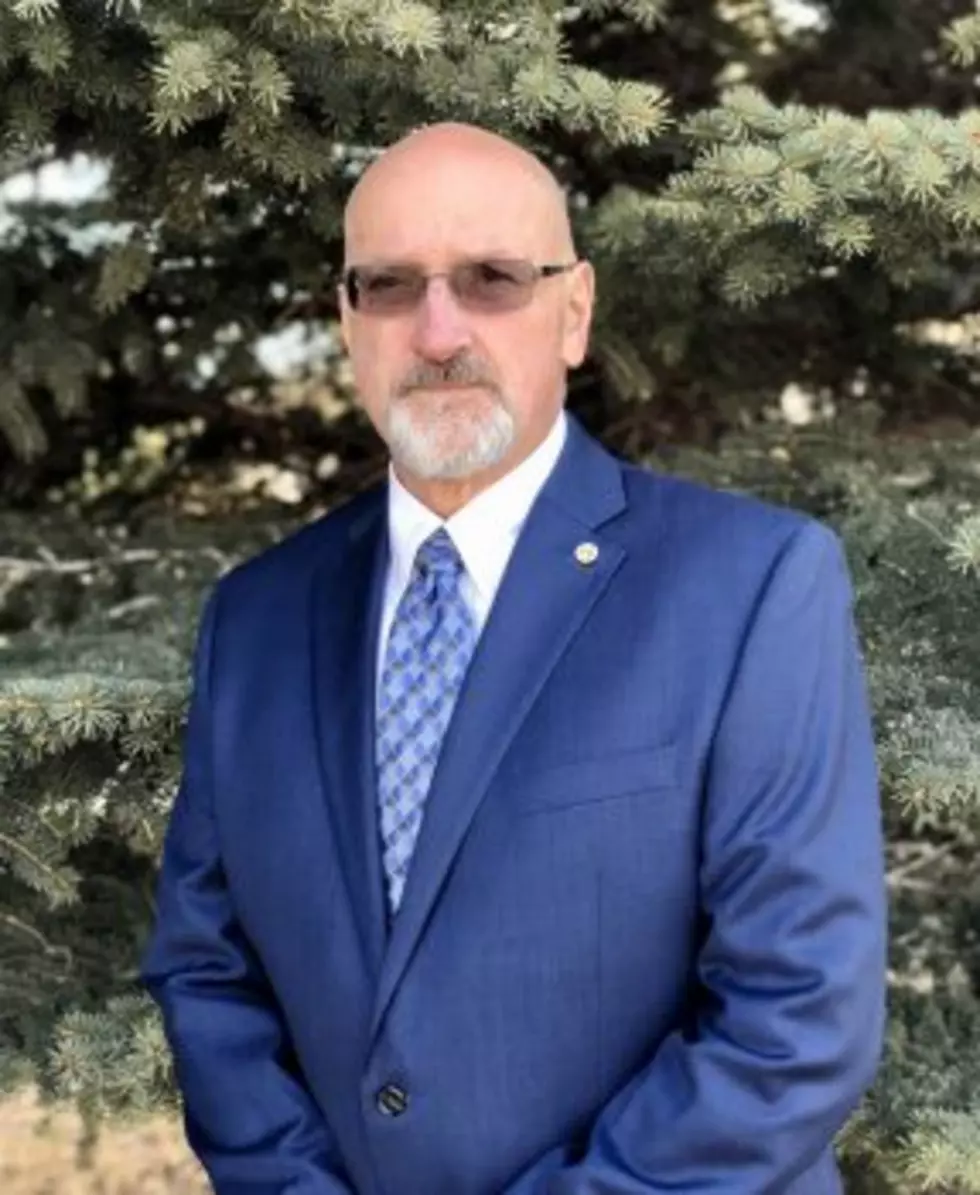
FWP director nominee predicts agency changes during hearing
A Legislative committee unanimously approved the appointment of Hank Worsech as the director of Montana Fish, Wildlife & Parks, setting up his confirmation from the full senate.
On Tuesday afternoon, the Senate Fish and Game committee heard testimony on Worsech’s nomination and asked the nominee about his intentions as director. Worsech indicated he’d be making some changes in the agency.
“It truly is an honor to be selected by the governor for this position,” Worsech said. “I talked to several people who asked me to put in for it. I thought they were just being kind. I explained that I’m not that crazy. But apparently I am, because I’m looking forward to this.”
Worsech worked for FWP for almost 17 years until July 2019, most recently as the license bureau chief. Prior to that, he was the executive director of the Montana Board of Outfitters for four years and served in the U.S. Marine Corps as a legal secretary.
Several spoke in favor of Worsech’s nomination, including representatives of the Montana Stockgrowers Association, Backcountry Hunters and Anglers, Montana Trout Unlimited, Montana Sportsmen Alliance and Montana Outfitters and Guides Association.
Lt. Gov. Kristen Juras said Gov. Greg Gianforte had more than 40 applications for the job and more calls about the position than any other. She said Gianforte wants to reduce the wedge between outfitters, landowners and sportsmen and Worsech appeared to be the man for the job.
When Sen. Pat Flowers, D-Bozeman, asked what created the wedge between outfitters, landowners and sportsmen, Worsech laid the blame at the feet of hunters. He said the Block Management Program has contributed to the problem for 25 years because hunters don’t learn to ask landowners for permission to hunt.
“There’s a lack of respect from hunters for landowners,” Worsech said. “We have a changing mentality with hunters. You can see it on public lands – they shouldn’t bother and leave stuff alone. And a lot of times, they don’t know the difference between public land and a landowner’s property.”
Wolves of the Rockies spokesman Marc Cooke opposed the nomination, saying Worsech didn’t give any consideration to Montana’s non-consumptive users, such as bird watchers or wildlife photographers.
Sen. Tom Jacobson, D-Great Falls, asked Worsech how he would ensure all voices are heard. Worsech said he wanted to create an FWP position for conflict resolution and expand the citizen advisory committees, which meet quarterly to advise each region on various activities. About 16 people sit on each committee.
After the FWP commission approved a late shoulder season hunt on Monday, Jacobson asked what Worsech might do with elk shoulder seasons to address the controversy. Worsech said he’d rather to look at landowner tolerance rather than elk population objectives.
“I promise we’ll dig into it and find out the best way to take care of our climbing numbers of elk,” Worsech said. “I know there are a lot of issues on both sides with ‘we have landowners who don’t allow hunting’ and all this other stuff. But a lot of that is rhetoric until we get people talking.”
Hunters value Habitat Montana, an important fund that allows FWP to buy fee title land or conservation easements to preserve significant wildlife habitat. That’s especially important as more emphasis is put on preserving wildlife migration corridors. But Habitat Montana funding has often turned into a pawn as Republican legislators have placed limits on it to protest of various FWP policies and programs.
When Jacobson asked Worsech his plans for Habitat Montana, Worsech sidestepped the issue.
“Habitat Montana is a great deal. But we also have to look at other options,” Worsech said. “Keeping the habitat is paramount, but also we can work with landowners. A lot of landowners, they create a lot of habitat and how we’re rewarding them and doing things for them as well.”
In his application for the position, Worsech said he had reached the conclusion that customer service and landowner and sportsmen relationships declined “at the same time there has been an increase in unequal treatment and favoritism towards our constituents. The Department has suffered from a lack (of) leadership and accountability.”
Worsech also said in his letter “the Department needs to be centralized, staff need to be… held accountable for their actions, and landowners need to be respected.”
Flowers, a former FWP Region 3 supervisor for 15 years until 2014, cautioned Worsech against centralizing. The department moved away from that 40 years ago to make the regions more flexible. Region 1 has very different management issues than Region 7, and the supervisors better understand the specifics of their regions.
A common argument heard in public meetings across Montana, regardless of the issue, is “This is not one-size-fits-all.”
Worsech said the wardens were doing better work because enforcement had recently been centralized.
“My military upbringing is you have to have that chain of command. It appears to be working really well for enforcement,” Worsech said. “You can have decentralization, but the key is having strong centralized command. It may not have to change, but there are some things I want to look at.”
Worsech added that he wanted to use federal Pittman-Robertson money to build shooting ranges on state land and he was considering other methods to control invasive mussels rather than the dozens of check stations around the state.
Regarding all the changes, Worsech stated in his application letter, “I understand strategic solid moves are better than a pendulum swing. My loyalty would be to the Governor and I would do everything in my power to do the best job for the state of Montana, its citizens and your administration.”
Contact reporter Laura Lundquist at lundquist@missoulacurrent.com.
